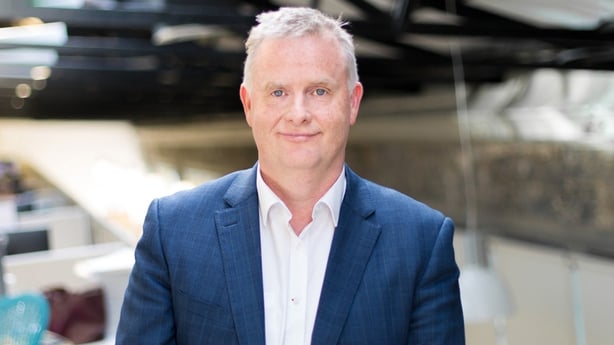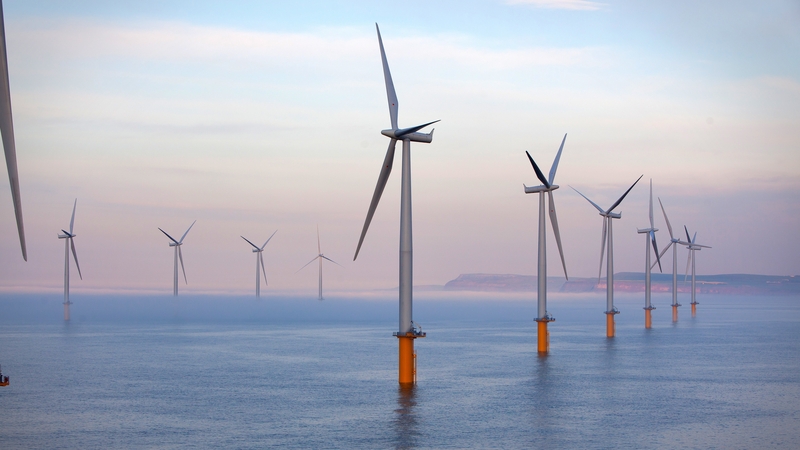Ireland is the fifth most attractive country in the world to invest in renewable energy projects, according to the latest EY Renewable Energy Country Attractiveness Index.
Moves to enable large scale projects, as well as a growth in Corporate Power Purchase Agreements - where businesses commit to purchase electricity directly from renewable sources - are seen as a positive for the country's attractiveness.
But EY also said that high capital costs and network gridlock remain ongoing challenges here.
An additional 0.6GW of new grid-scale renewable energy was installed across Ireland last year, which represents a tripling of the 0.2 GW that was connected in 2022.
EY said that Ireland follows behind Denmark, Greece, Chile and Australia in the normalised ranking of economies.
In the overall index, the top spots are retained by the world's biggest economies, the US, China and Germany, with the scale of the economies, the energy demands and the projects themselves attracting record investment.
Today's index shows a record level of investment in renewable energy projects worldwide, with a surge of $1.8 trillion in clean energy investment in 2023, including $660 billion earmarked for renewables.
But in spite of this, investment is still significantly below what is needed to meet the COP28 target of tripling renewable capacity by 2030, EY cautions.
Sean Casey, EY UK&I Energy & Infrastructure Consulting Leader, said it is really positive that Ireland has placed so highly when it comes to attractiveness in terms of seeking and securing renewable energy investment.

"Over recent years there has been a clear step change in the policy settings that enable investment in clean energy at scale. We are now increasingly seeing the return on this, with a year-on-year tripling of renewable energy added to the grid in 2023," Mr Casey said.
"Just recently the Environmental Protection Agency reported that power generation emissions were down 21% - while some of this can be attributed to imported energy via interconnectors, it's clear that the energising of new renewable energy projects on an almost monthly basis is playing a crucial role," he said.
Mr Casey also said it was really positive to see an increase in Corporate Power Purchase Agreements - a market that is rapidly growing as organisations seek to secure renewable energy sources to meet their own climate commitments.
"These positive results for Ireland are set against a backdrop where on the surface, the global renewables sector is on a high. But despite last year's surge in clean energy investment globally, investment remains below what is needed to meet the COP28 target of tripling renewable capacity by 2030," he noted.
"Years of underinvestment globally in infrastructure means network gridlock and high capital costs could also delay progress just when acceleration is needed," he added.
